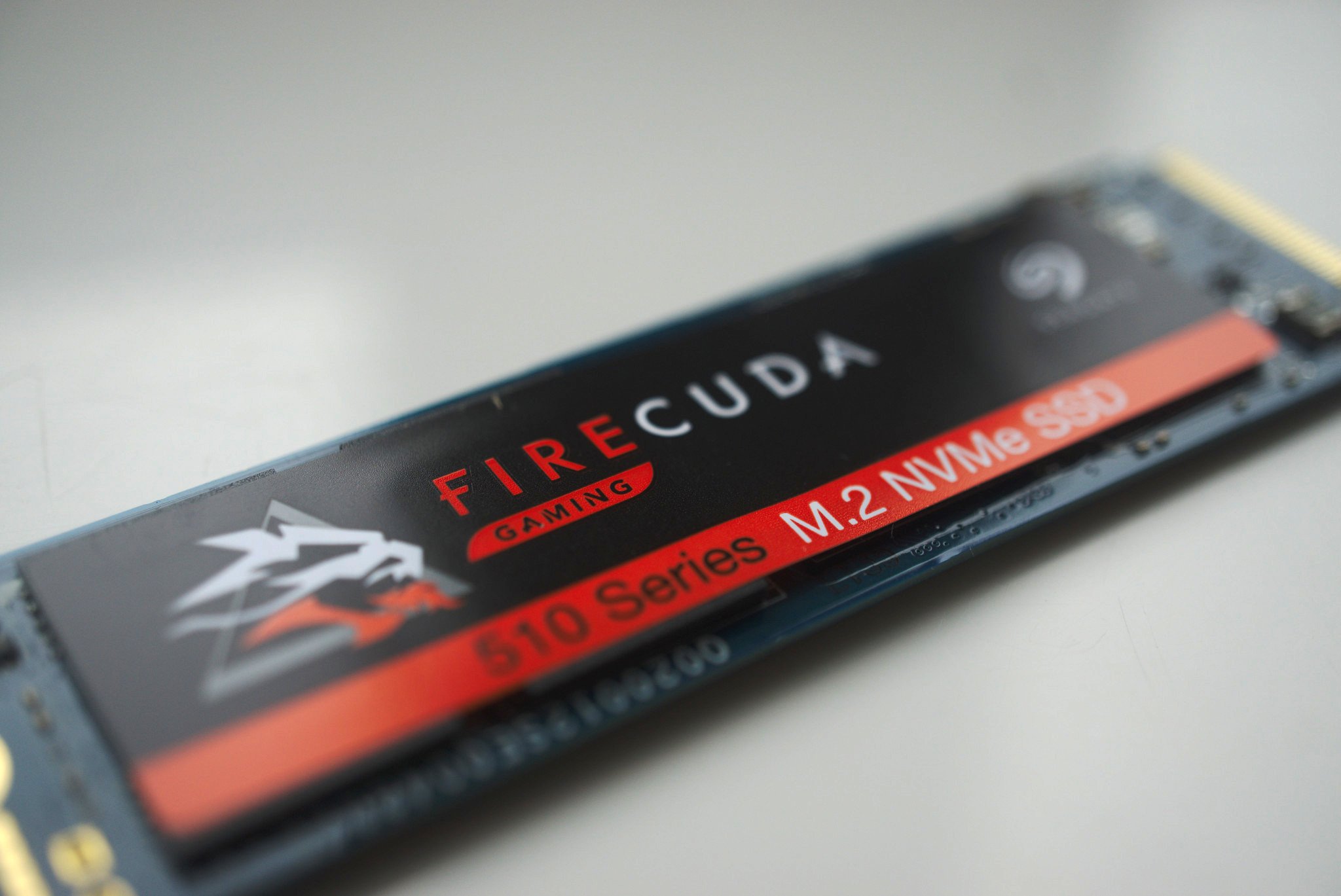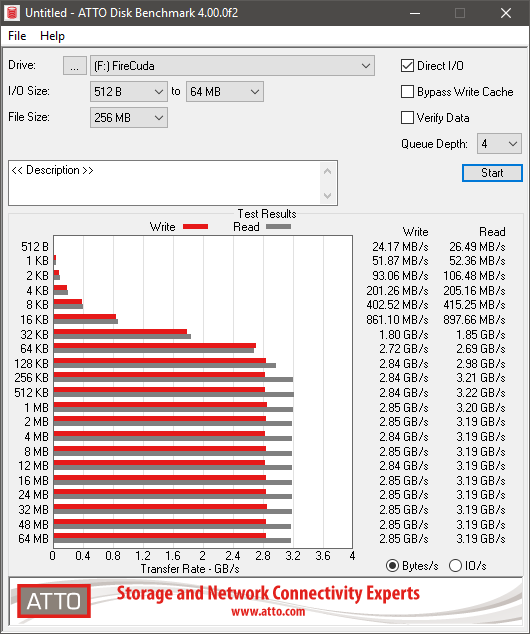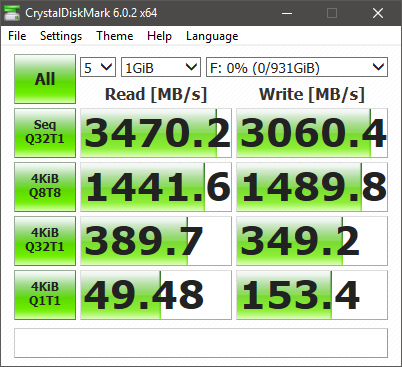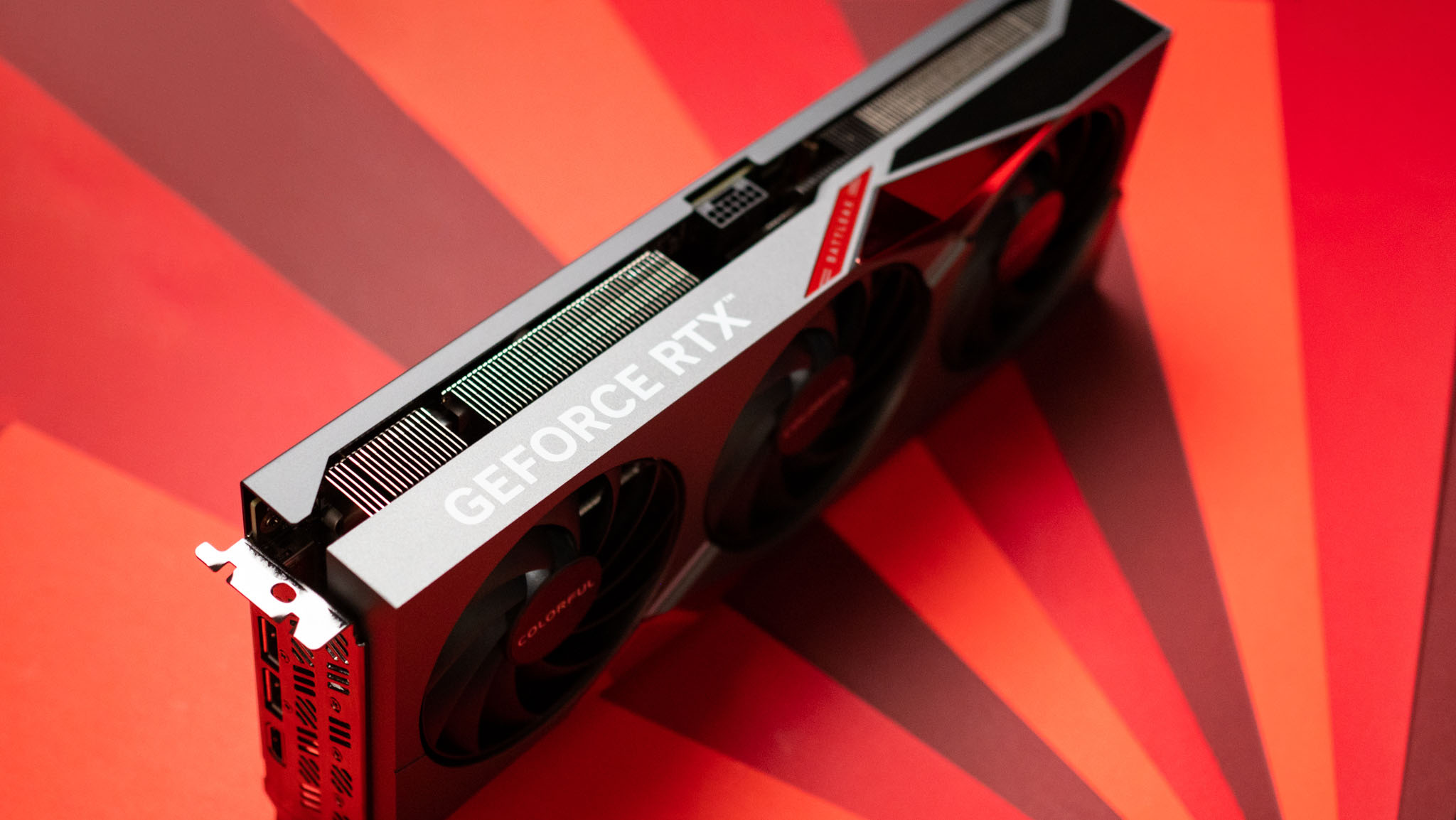Is Seagate FireCuda 510 a good SSD for gamers?

Is Seagate FireCuda 510 a good SSD for gamers?
Seagate FireCuda 510 is great for PC gaming
The Seagate FireCuda 510 is a really good M.2 PCIe SSD. While it's still recommended to use a mechanical drive to install your PC games since you get better value with HDDs, the price of SSDs continues to drop, making options like this M.2 drive from Seagate more enticing.
The performance upgrade you'll get compared to HDDs or even SATA SSDs is immense, with a read and write speed of up to 3,450 MB/s and 3,200 MB/s, respectively. These drives are also incredibly reliable, sporting a 1,300 and 2,600 terabytes written (TBW) endurance score for the 1TB and 2TB models, also respectively.
Installing and running games from this SSD wouldn't involve too much data writing unless you find yourself installing games regularly. However, you'll be able to write around 1.3 petabytes (PB) of data on the 1TB (and 2.6PB on the 2TB) drive before you experience some performance issues. These numbers mean nothing on their own, but looking at the Samsung EVO Plus SSD, which only has around 600 TBW for the 1TB model, it's clear to see these Seagate M.2 SSDs are serious business. Though we found the FireCuda 510 SSD to fall short in sequential write speeds, it did perform well overall.


Read speeds are more important for gaming, especially when you want to knock valuable seconds off load times. Couple all these features with the five-year warranty from Seagate and you've got an amazing SSD for playing PC games and just about any other task you'd want to tackle.

Great value storage with strong performance
Seagate made an exceptional SSD. The FireCuda 510 is everything a PC owner needs with amazing read and write speeds, solid reliability, and high levels of endurance — all at an aggressively low price.
Get the Windows Central Newsletter
All the latest news, reviews, and guides for Windows and Xbox diehards.

Rich Edmonds was formerly a Senior Editor of PC hardware at Windows Central, covering everything related to PC components and NAS. He's been involved in technology for more than a decade and knows a thing or two about the magic inside a PC chassis. You can follow him on Twitter at @RichEdmonds.
